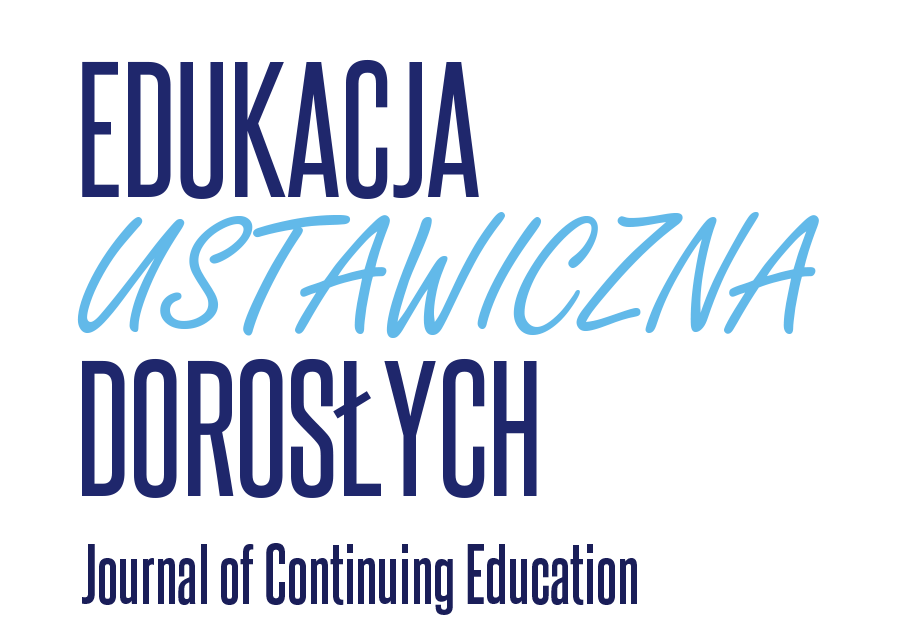Praktyka wykorzystania platformy e-learningowej w dydaktyce na przykładzie uczelni technicznej ![]()
Łukasz KUCZEK, Marcin MROCZKOWSKI, Antoni WOŹNICKI, Wacław MUZYKIEWICZ
The practice of the e-learning platform application in teaching on the example of a technical university
Słowa kluczowe: narzędzia edukacyjne, jakość kształcenia, e-learning, edukacja ustawiczna.
Key words: educational tools, quality of education, e-learning, continuing education.
Abstract: In the era of intensive development of telecommunication technologies and Internet, a change of traditional teaching model occurs, which is observed both in schools and universities. The distance learning methods, especially e-learning, are getting more and more common. In this method, a communication between a teacher and a student usually takes place via computer and Internet. The authors presented their experience in application of the e-learning platform for supporting traditional classes, with direct contact between a teacher and students. It was described from the two points of view: an everyday user of the e-learning platform and a supervisor of a teaching process. The selected components of the platform available at AGH University of Science and Technology in Cracow were reviewed. As a first example, the tool which facilitate a provision of some essential information to students (e.g. instructions for laboratories, experiments results, supplementary materials) was described. Subsequently, the tools which can be used for students works supervising and verifying their knowledge were presented. The e-learning platform enables students sending files with solved tasks to a teacher and storage them. The teacher/lecturer can evaluate current knowledge of students using the multi-variant application. On the other hand, students can check online their scores and comments to them, which facilitates a feedback between the teacher and students. The presented e-learning platform is more and more frequently used by academic teachers, which leads to improvement of classes quality and attractiveness. The professional supporting of the stationary education by e-learning makes the forthcoming graduates well prepared to the active continuing education with the use of advanced distance learning tools.


